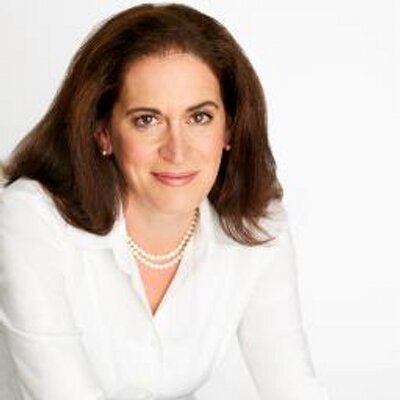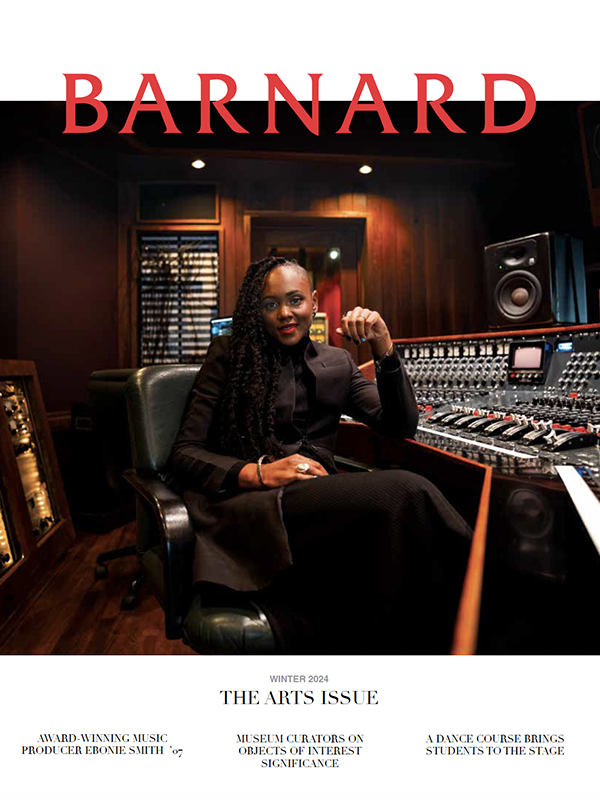 In February of 2011, I wrote in these pages about a particularly tough admissions decision. Tonya had applied to the College early decision, joining roughly 550 young women that winter who had decided to make Barnard their first choice. We had accepted 240 of them, and denied or deferred 311. Tonya was in that latter camp. (To protect her privacy, Tonya’s name and some background facts have been changed.)
In February of 2011, I wrote in these pages about a particularly tough admissions decision. Tonya had applied to the College early decision, joining roughly 550 young women that winter who had decided to make Barnard their first choice. We had accepted 240 of them, and denied or deferred 311. Tonya was in that latter camp. (To protect her privacy, Tonya’s name and some background facts have been changed.)
I generally don’t get involved in specific admissions decisions. But Tonya’s case, as I wrote in 2011, promised to haunt me for a very long time.
Her mother was a poor immigrant from Puerto Rico; her father, she noted on her application, was “unknown.” She came from an under-resourced school in a scarred corner of Baltimore. Her teacher recommendations, though positive, were hastily written and badly composed. She had no AP credits and her SAT scores were far below the norm for Barnard. But there was something about this young woman’s application that grabbed the admissions staff’s attention. She had a spirit that sang through her essays, a resilience and honesty that made them pause, and look again. She didn’t dwell on her dangerous neighborhood or tough financial circumstances; didn’t describe the incredible range of obstacles that had already faced her. She focused on what she had, and what she loved, and what she wanted to be.
Tonya’s application crossed my desk because the decision to admit her was so tough. Our admissions staff saw her potential, but also worried that she had already missed the educational preparation that would allow her to thrive at Barnard. Like millions of smart kids from under-resourced schools and neighborhoods, she had started to fall behind her wealthier peers in primary school, and slipped further and further as she grew up. There were no gifted and talented programs in her Baltimore public school; no SAT prep courses or trips to dance performances and museums. The one thing Tonya had going for her was a mentorship program that had paired her with an older woman who helped to lift her sights and aspirations.
I wrote about Tonya in 2011 because her plight had struck me so deeply, and because her story illustrated so clearly the great and tragic divide that cuts across America. We have what is arguably the world’s finest system of tertiary education. For young people admitted to Barnard (and Columbia, and Vassar, and over 100 outstanding undergraduate colleges and universities), four years of post-secondary education opens their eyes to the world and gives them the tools to carve their paths through it. But most young people in this country—and nearly all the people who come from backgrounds like Tonya’s—don’t ever have a chance of matriculating at these places. Across the United States, indeed, fewer than 2 million students enter four-year colleges each year. Only 28 percent of them come from the country’s lowest income brackets.
So what to do with an applicant like Tonya? She had the drive in 2011, and a spark that shone through her application. But she didn’t have the educational preparation, or any kind of social support system—the network of like-minded friends and family members that most students bring with them to college. I ended my piece, therefore, by describing where we were in February: “…after several rounds of heart-wrenching consideration, we decided to defer Tonya….I hope we will admit her in the next round of decisions. I hope that she comes to Barnard, and succeeds beyond her wildest dreams.”
The responses to my piece were decidedly split. Many alumnae wrote to urge us to accept Tonya; to take a chance and let her try. Others were harsh, criticizing us for even considering accepting a student whose background had not prepared her to succeed.
So I am writing now, four-and-a-half years later, with the follow-up. We admitted Tonya to Barnard with full financial aid. She came, and she thrived. She struggled, admittedly, for her first few years, tackling science courses that were far beyond what she had ever studied in high school. She struggled, like many students from poorer homes, to afford the basics of campus life—books, clothing, a cell-phone plan. She worked more jobs than most Barnard students do, and had a more constrained social life. She wasn’t hugely active in campus affairs and didn’t win any academic awards.
